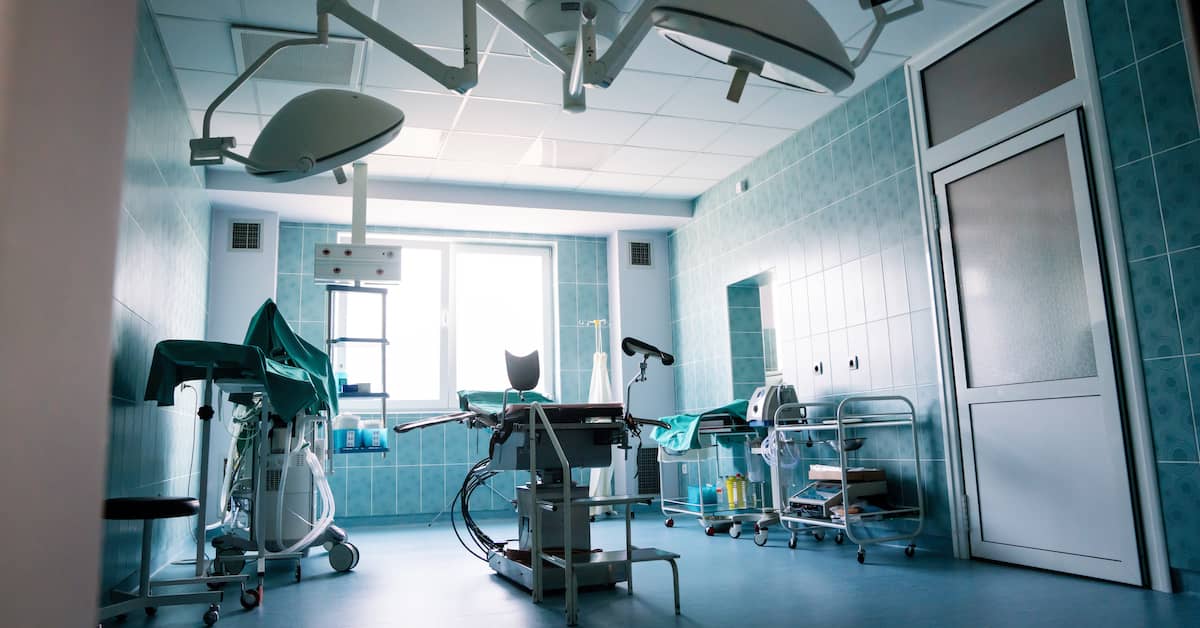
As patients, we place considerable trust in doctors and other medical professionals to treat us with the best possible care. We accept their diagnoses, follow their recommended treatments, and take their prescribed medications.
However, every year thousands of patients in Chicago, Oak Park, Rockford, and other areas of Illinois suffer serious injury or death as a result of medical mistakes. These mistakes happen in doctors’ offices, in hospitals, in delivery rooms, in emergency rooms, in pharmacies, and other facilities.
If you have been hurt or lost a loved one due to medical negligence, you need a knowledgeable medical malpractice attorney to handle your case. Coplan + Crane has been serving clients in complex litigation for years. We are passionate about protecting the rights of our clients and pursuing the maximum compensation they need to move forward with their lives.
Medical malpractice occurs when healthcare professionals fail to provide proper medical care. The standard for proper care is based on the accepted practices within the medical profession.
It is important to note that adverse outcomes do not automatically constitute medical malpractice. Even simple mistakes on the part of providers do not necessarily qualify as malpractice. Rather, the provider must be negligent in treating you.
Negligence is the failure to take proper care, resulting in harm to another. Medical professionals may be negligent if their actions failed to meet the standards upheld by the medical profession.
Examples of medical malpractice include:
For most patients, a physician’s diagnosis is the final word on their health. Unfortunately, a missed and delayed diagnosis of a serious medical condition such as cancer, heart attack, and appendicitis are far too common. These mistakes can have tremendous, sometimes fatal consequences.
Numerous types of errors can result in misdiagnosis, including:
Whether a doctor fails to diagnose the condition or makes the appropriate diagnosis but only after the passage of too much time, you may be able to pursue damages through a medical malpractice claim.
Hospitals in major metropolitan cities like Chicago can serve thousands of patients every day. Every hospital employee is responsible for the care these patients are given, and they must adhere to procedures and policies designed to minimize mistakes.
Patients suffer when hospital employees ignore procedures or fail to communicate. Examples of common hospital errors that may constitute medical malpractice include:
In addition to medical professionals like doctors and nurses, the administrators of hospitals and other healthcare facilities may be liable for patients’ injuries if they fail to develop and enforce adequate patient care procedures. Administrative errors can increase the risk of medical malpractice.
Undergoing a surgical procedure can be an unsettling experience. You trust that the surgeons and staff involved in performing the surgery are highly qualified and will treat you with the utmost care. However, despite the operating room’s limited margin of error, surgical mistakes are a leading form of medical malpractice.
Some of the most common surgical errors in medical malpractice claims include:
Surgeons, anesthesiologists, and other members of the surgical team may be liable for malpractice in the operating room.
A birth injury can permanently alter the future of a child and his or her family. Trauma at birth can result from delivery room errors or mistakes in the course of prenatal care. Babies may also suffer injuries early in life when their brains are developing and are highly vulnerable.
Common causes of birth injuries include:
Expecting mothers trust obstetricians, gynecologists, and other medical professionals to provide adequate care for them and their babies during pregnancy and childbirth. Unfortunately, gynecological and obstetrical malpractice can result in both maternal injuries and birth injuries.
The most common cause of prescription medication mistakes is human error. These errors can happen at any point during the prescribing, dispensing, and labeling of prescription medication. Errors involving prescription drugs can cause anything from a mild allergic reaction to the loss of life.
Common types of prescription drug errors include:
Hospitalized patients sometimes receive the wrong medicine. If a negligent pharmacist fills a doctor’s prescription incorrectly, he or she may be found liable for the resulting patient harm.
Medical malpractice can have a dramatic, lifelong impact on injury victims. Medical negligence can result in lost wages, ongoing medical expenses, chronic pain, and physical and mental impairments.
The experienced medical malpractice lawyers at Coplan + Crane are committed to doing what’s right for those who have been wronged. Our accomplished legal team is passionate about protecting the rights of patients and holding negligent medical providers accountable for their wrongdoing.
If you or a loved one have suffered at the hands of a doctor, nurse, or other healthcare provider, contact Coplan + Crane today online or at (708) 358-8080 today for a free case evaluation. Our medical malpractice attorneys serve clients in Chicago, Oak Park, Rockford, and other areas of Illinois.